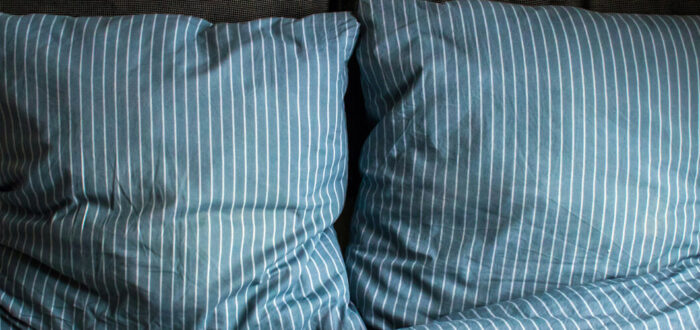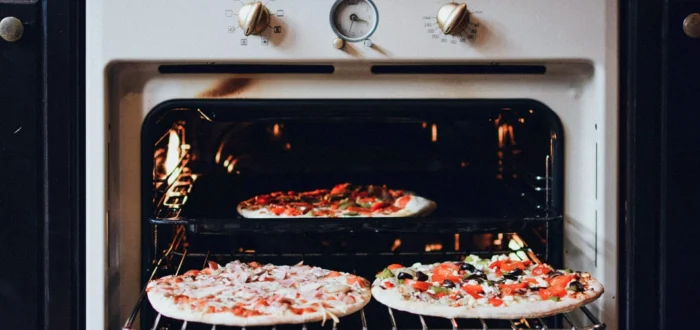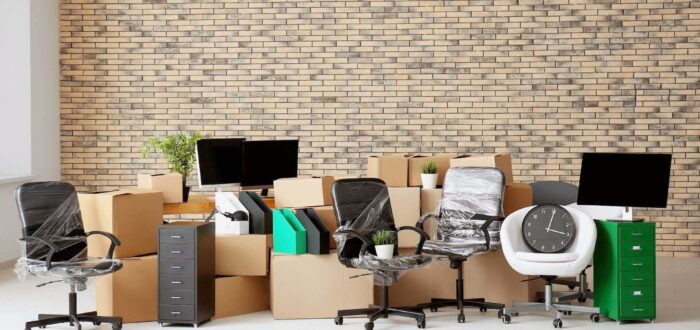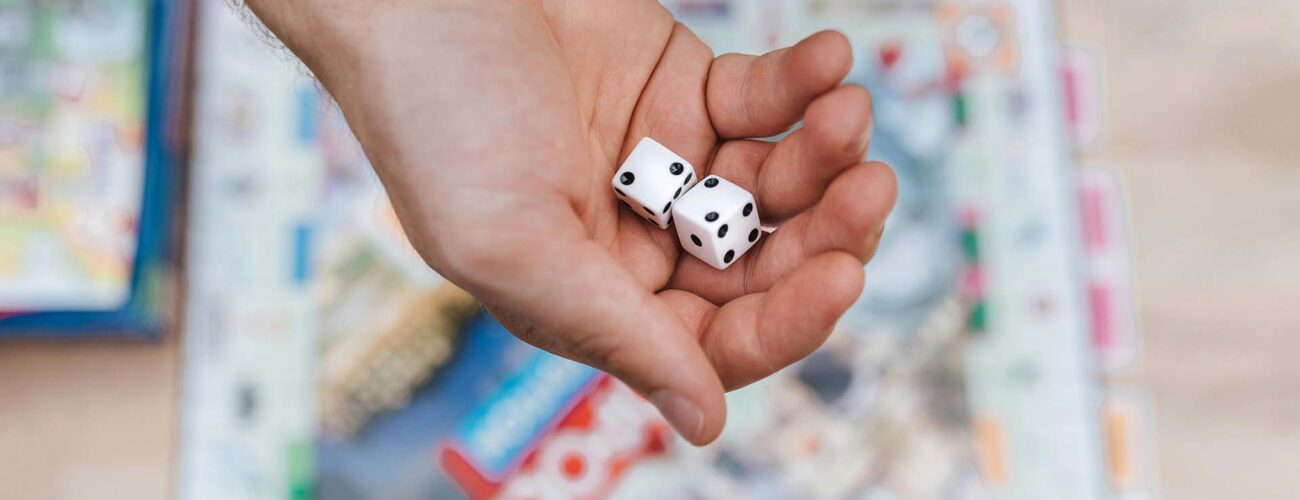

The Expert’s Playbook on How to Pack Board Games for Moving
Posted in How-to on March 1, 2024
Scrabble and Monopoly are all fun and games until it’s time to move. Suddenly, those boxes of joy, strategy, and cherished memories become a puzzle of their own. It’s a true challenge to figure out how to pack board games for moving without losing a piece of the fun. As you prepare for the big move, let’s dive into the game plan and make sure your bellowed collection makes it safely to your new home.
How to Pack Board Games for Moving – Taking the Fun Along for the Ride
Start by evaluating your collection – considering its size, how delicate the pieces are, and their worth. If original boxes are missing, stock up on sturdy, similarly sized ones, as well as lots of bubble wrap and packaging paper.
Make sure your games are clean, and take apart the bigger ones if needed. Pack them tightly, label each box clearly, and keep a detailed relocation inventory of them. When loading them up, remember to protect against extreme temperatures and moisture. Opting for professional cross-country moving services is a good way to make the whole ordeal a lot smoother.
Ready, Set, Go – Preparation for Packing Board Games for Moving Cross-Country
Did you know that Monopoly boasts a Guinness World Record as the most-played board game, engaging over 500 million people around the globe?
Even better – this is actually old news, more than 20 years old, and we can only guess how staggering this number is today.
But it’s just the tip of the iceberg in the vast sea of party games that range from simple to complex, each offering unique adventures and challenges.
As these games evolve, becoming more intricate and engaging, they turn into treasured parts of our collection. In fact, 57% of board game enthusiasts own between 1 to 25 games.
However, when it’s time to move, the thrill of gameplay gives way to relocation stress more often than not. Suddenly, you’re not just a player but a bodyguard tasked with safeguarding your cherished pieces from damage, loss, or the wear and tear of travel. The good news? With some planning and a couple of packing tips under your belt, moving with a game collection can be navigated with ease.
Start by Assessing Your Collection and Creating a Detailed Inventory
An inventory is essentially your game plan, a detailed relocation checklist of what you have and its condition. The more detailed it is, the more it will help you strategize the best way to pack. Here’s how to do it:
- Catalog each game by noting down the title and pieces,
- Mark down any wear or special considerations,
- Take photos to document the condition pre-move,
- Identify those rare or sentimental favorites that may need extra care,
- For insurance purposes, it’s a good idea to estimate the value of your collection.
Pre-Move Board Game Preparation Is Not Complete Without Thorough Cleaning
Before your house becomes a maze of bubble wrap and packing paper, a good clean-up is crucial. Dirt, dust, or those forgotten snack remnants can cause damage over time. After all, the last thing you want is to unpack a game at your new home only to find it’s become a habitat for pests.
This task is straightforward – empty each box and gently wipe all the dirty components with a soft, dry cloth. For tougher spots, a slightly damp cloth can do the trick. However, it’s super important to avoid moisture that could warp or damage the components, so make sure everything is fully dry before repacking.
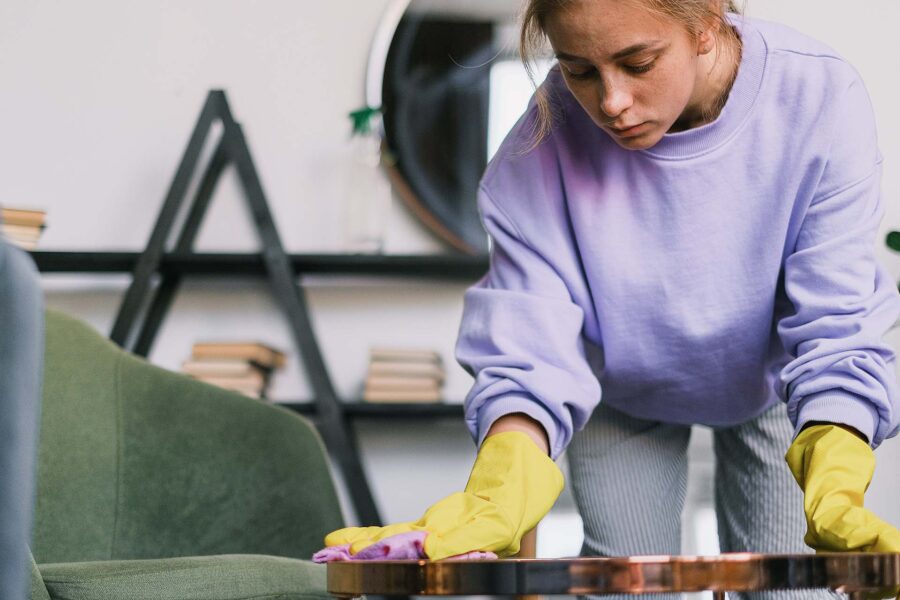
Protecting Board Games During Relocation Is Almost Impossible Without the Right Packaging Materials
The secret ingredient to the safe transportation of board games lies in choosing the right packing materials. But this isn’t just about grabbing any old box and stuffing everything inside. A box too big, and your collection is on a free-for-all ride, risking damage with every turn and bump. Too snug, and they might pressure damage the box itself or the contents within. The sweet spot? Sturdy boxes that fit just right.
Now, onto the wrapping – the unsung hero of moving day. Bubble wrap, with its cushioning bubbles, is perfect for wrapping each game’s box individually, adding a layer of protection against knocks and jolts. Packing paper is your go-to for filling gaps in the boxes, and let’s not forget plastic zip bags, which are great for keeping the pieces together and moisture-free.
How to Pack and Move Board Games – A Step-By-Step Game Plan
Whether you decide to tackle the task on your own or enlist the help of professionals, knowing the right packing strategies can be a great helping hand. Sure, organizing games during a move should be done with preserving their physical condition in mind, but it will also be your saving grace once it’s time to unpack after moving. Let’s dive into a detailed game plan on how to pack board games for shipping with no unpleasant surprises encountered on the road:
Tackle Each Game Individually
Approach each game with the care it deserves, starting by removing all pieces from the box. This might seem time-consuming, but it’s essential for preventing damage. Wrap individual pieces in soft packaging material or use small bags to keep them together. If the original boxes aren’t sturdy enough for the move, consider transferring the components into more durable containers that can withstand the journey.
Create Custom Solutions for Your High-Value Pieces
For those games that hold more than just monetary value – perhaps they’re rare editions, have sentimental worth, or are made up of particularly fragile items – it’s wise to go the extra mile in their protection. Custom solutions, such as creating foam inserts that snugly fit around miniatures or using hard cases for delicate components, can be a game-changer.
Make Sure You've Got Moisture Under Control
Moisture is the silent enemy of relocating with collectible games, capable of warping boards and ruining cards. To combat this, include silica gel packets in each game box to absorb any moisture that might sneak in. Additionally, wrapping boxes in plastic wrap or placing them in sealable bags before boxing them up offers an extra layer of defense against humidity and potential spills.
Strategically Stack Your Collection in Boxes
When it comes to placing your games into boxes, strategy matters as much as it does in playing them. Begin with the heaviest and largest boxes at the bottom, gradually working up to the lighter, smaller ones. This method prevents heavier items from crushing those below. Also, utilize bubble wrap or packing peanuts to fill any voids in the boxes, ensuring a snug fit that minimizes movement and the chance for damage. Remember, the goal is to keep the boxes stable and secure, regardless of the road ahead.
Label Everything for Easy Unpacking and Sorting
Finally, mark each box with a list of its contents and the room it belongs to. Consider adding special handling instructions, such as “Fragile” or “This Side Up,” to inform movers or remind yourself during the unpacking process. Effective labeling acts as a roadmap, streamlining the sorting and setup process so you can get back to gaming as quickly as possible.
Game On – Unpacking, Setting Up, and Rolling That First Dice in Your New Home
The journey might be complete, but there’s one more final boss you have to tackle – unpacking games after moving. It’s a very special part of the whole ordeal. As you slice open boxes and peel away layers of bubble wrap, take the opportunity to check for any damage that may have occurred during transport to the new house. Depending on the size, it can be a time-consuming task, but the peace of mind that comes with knowing your collection has survived the journey unscathed is well worth the effort.
This Is the Perfect Opportunity to Organize Your Collection in the New Space
As you begin to settle your games into their new home, consider this the perfect opportunity to organize your collection. This is your chance to curate your shelves in a way that not only makes sense logically but also showcases everything in a visually appealing manner. Whether you decide to sort them by genre, publisher, or frequency of play, think about how you interact with your collection and how it can best serve your gaming adventures ahead.

It’s Time to Play the Final Move and Level up Your Relocation Experience
Wrapping up, we’ve covered the essentials of preparing, packing, and re-establishing your party night collection in a new environment, ensuring each piece is ready for more memorable moments. Sure, it can be a time-consuming process, but once you’ve got everything set up, you’ll definitely find it was worth the trouble.
But why not make things a bit easier and enlist the help of our team at Cross Country Movers? With our expertise, your treasured games – and every other part of your move – can be handled with the care and precision you deserve. Contact us today, and let’s create a winning strategy together.
Frequently Asked Questions
Can I Pack Multiple Board Games in One Box Without Damaging Them?
Yes. When packing multiple games in one box, it’s crucial to provide sufficient padding between them. Use bubble wrap or packing paper to prevent the boxes from shifting and rubbing against each other, which could cause damage during the move.
How Do I Pack and Protect Board Games With Many Small Pieces?
For games with many small pieces, first, secure the pieces in small zip-lock bags or wrap them in tissue paper to keep them organized. Then, place these bags in the original box, filling any voids with packing paper to minimize movement.
Are There Special Considerations for Packing Vintage or Collector's Board Games?
When dealing with vintage or collector’s board games, additional care is needed to preserve their condition. Wrap the game boxes in acid-free paper to protect against acidity damage, then cushion them with bubble wrap for extra security. Consider packing these valuable items in their own individual boxes and marking them clearly to avoid stacking or undue pressure during the move.


